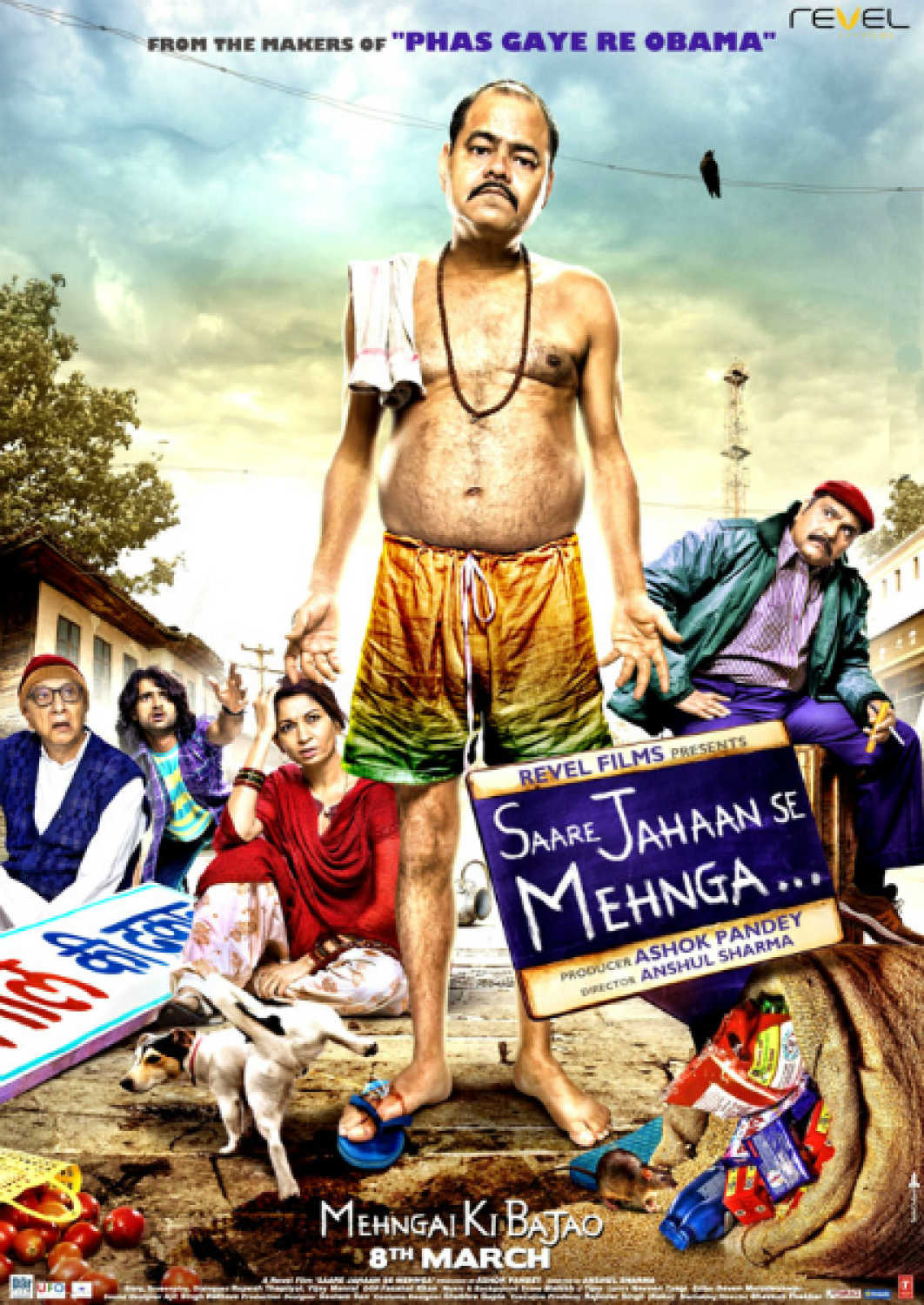

The match, followed by the presentation ceremony, handing over of the World Cup to India, etc. But I cannot think of any other event that has made the entire Indian population, urban as well as rural, irrespective of caste, community, language or region unitedly feel as ecstatic and proud as they felt the moment they heard about the result of the World Cup Final. In fact I can think of numerous occasions which have made me and Indians generally quite happy. Dhoni hit a triumphant sixer to defeat Sri Lanka in a match that from beginning to end was a suspenseful cliff-hanger and win the World Cup for the country that became for tens of thousands like me present at the Wankhede Stadium an unforgettable moment for ever. on April 2 nd night Team India’s skipper M.S.

I can recall numerous occasions relating to all the above mentioned three categories of events, of which some can be described as exhilarating crests and others as demoralising troughs.īut let me affirm that when around 11:30 P.M.

Success brings joy to the winner, and failure inflicts depression on the loser.Īs an individual who has been in public life for over six decades now. It may be a battle between two armies, or an election fight between two political parties, or a sporting match between two rival teams. To me maintaining the dignity of the flag is of utmost importance and the reason behind is the inspiration I got from a Rashtriya Jhanda Geet of my school days “Vijayi vishwa tiranga pyaara! Jhanda uncha rahei(n) humara”, composed by a Hindi Poet Shri Shyamlal Gupta which gives a message to all the Indians to sacrifice everything for the respect of our flag and country.This song got glued to my mind and developed a spirit of patriotism and respect towards my national flag.A confrontation invariably evokes excitement and expectation. The Indian national flag embodies the democratic, secular and liberal values enshrined in the Constitution of India and is the symbol of our national pride. The Constituent Assembly became the Parliament of India under the transitional provisions of the new Constitution. Rajendra Prasad’s began his first term of office as President of the Indian Union. Two days later which was on 26 January 1950, it came into effect throughout the whole nation. The Assembly met, in sessions open to public, for 166 days, spread over a period of two years, 11 months and 18 days before adopting the Constitution.Īfter many deliberations and some modifications, the 308 members of the Assembly signed two hand-written copies of the document (one each in Hindi and English) on 24 January 1950. A draft constitution was prepared by the committee and submitted to the Constituent Assembly on 4 November 1947. While India’s Independence Day celebrates its freedom from British Rule, the Republic Day celebrates the coming into force of its constitution. On 29 August 1947, a resolution was moved for the appointment of Drafting Committee, which was appointed to draft a permanent constitution, with Dr B R Ambedkar as chairman. The country, though, did not yet have a permanent constitution instead its laws were based on the modified colonial Government of India Act 1935.

India obtained its independence on 15 August 1947 as a constitutional monarchy with George VI as head of state and the Earl Mountbatten as governor-general. The independence came through the Indian Independence Act 1947 (10 & 11 Geo 6 c 30), an Act of the Parliament of the United Kingdom that partitioned British India into the two new independent Dominions of the British Commonwealth (later Commonwealth of Nations). India achieved independence from British Raj on 15 August 1947 following the Indian independence movement. 26 January was chosen as the date for Republic day because it was on this day in 1929 when the Declaration of Indian Independence (Purna Swaraj) was proclaimed by the Indian National Congress as opposed to the Dominion status offered by the British Regime. The Constitution was adopted by the Indian Constituent Assembly on 26 November 1949 and came into effect on 26 January 1950 with a democratic government system, completing the country’s transition towards becoming an independent republic. It honour the date on which the Constitution of India came into effect on 26 January 1950 replacing the Government of India Act (1935) as the governing document of India and thus, turning the nation into a newly formed republic. Independence Day is a national holiday in India.
#Vijayi vishwa tiranga pyara song mp3 download free pdf
VIJAYI VISHVA TIRANGA PYARA SONG | DOWNLOAD MP3 | JPEG And PDF FILE


 0 kommentar(er)
0 kommentar(er)
